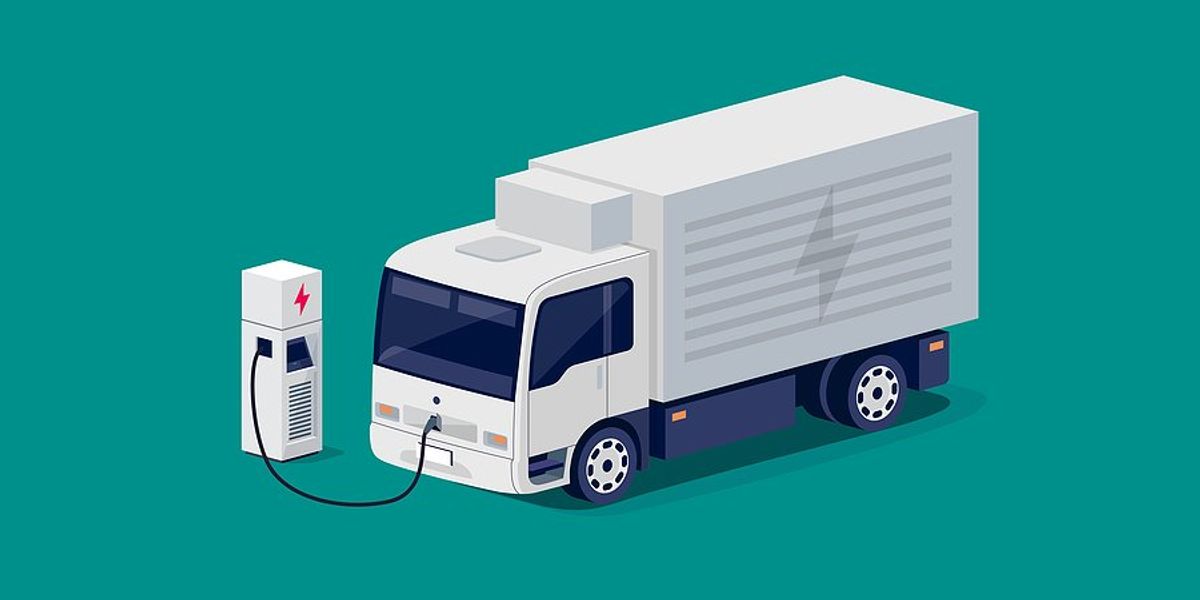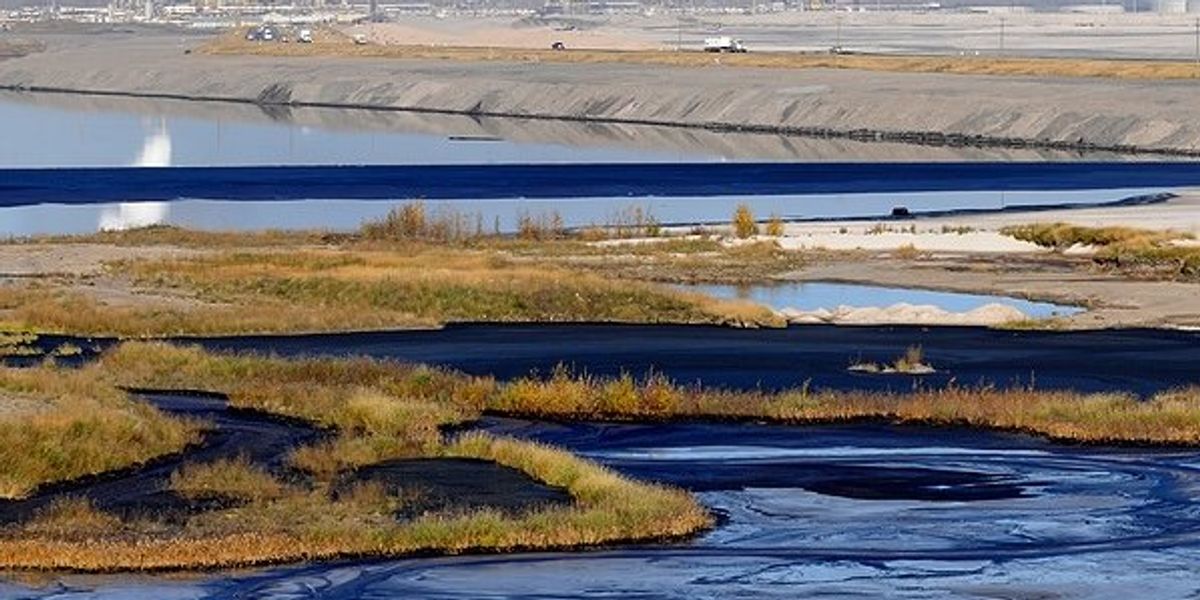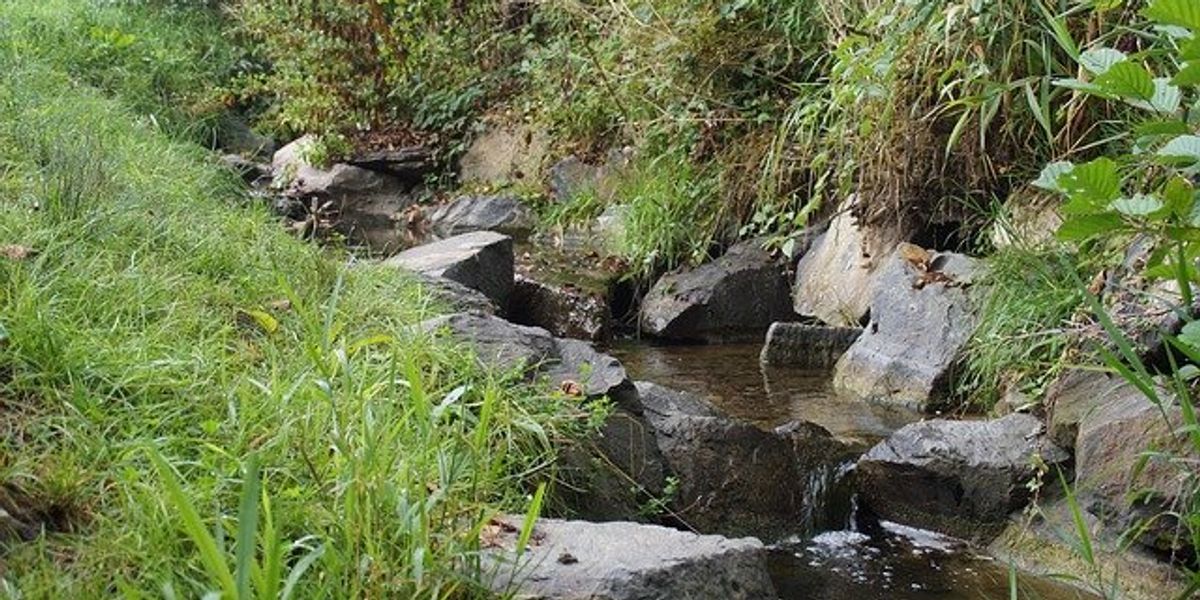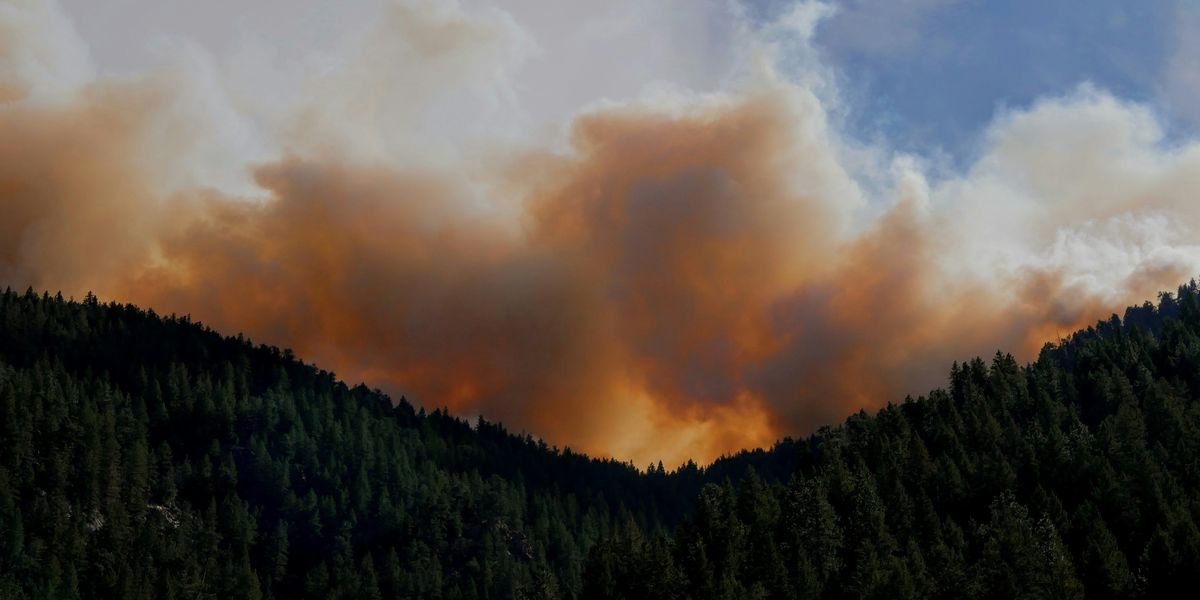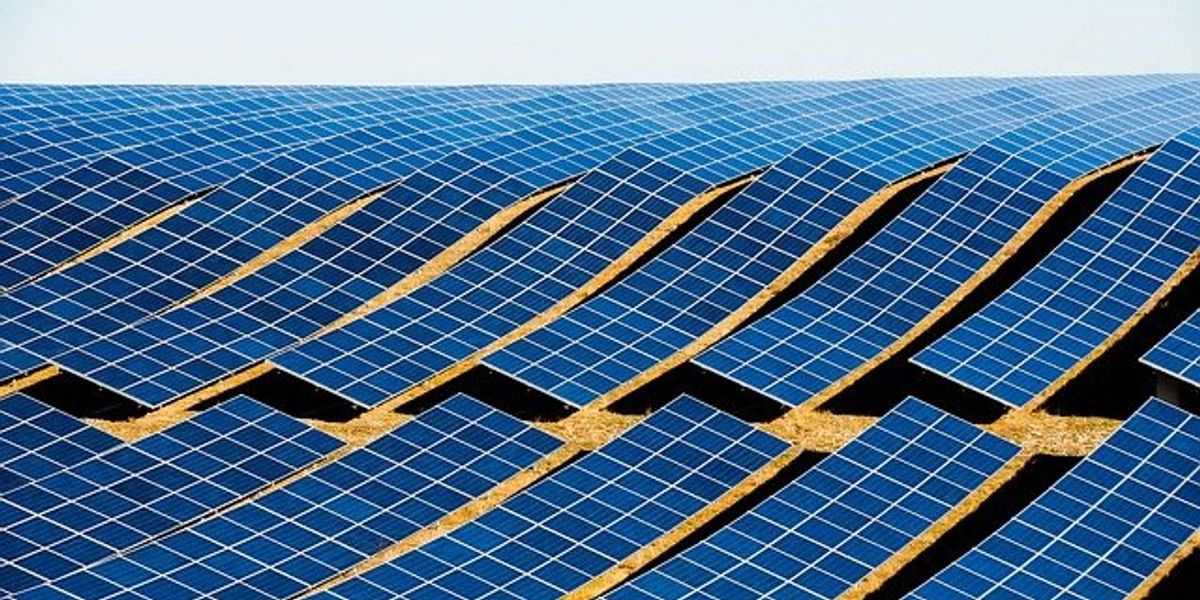biogas
Oregon’s biggest gas company isn’t as green as it claims
NW Natural promised Oregonians it would embrace renewable natural gas, but years later, the company continues to rely on fossil fuels while selling an image of sustainability.
In short:
- NW Natural launched a campaign to promote renewable natural gas, yet continues to sell as much fossil fuel as before.
- Internal documents reveal the company used public relations strategies to downplay the growing pressure to phase out gas and electrify homes.
- Despite promises, renewable natural gas makes up less than 1% of the company’s supply today.
Key quote:
“The story they’re telling us is simply not possible. What they’re trying to do is to prevent being put out of business.”
— Phil Barnhart, former Oregon state representative
Why this matters:
As the climate crisis deepens, misleading sustainability claims delay real action on reducing fossil fuel dependence, prolonging exposure to harmful emissions. This kind of greenwashing isn't just misleading—it's dangerous. Read more: Hog waste-to-gas: Renewable energy or more hot air?
Federal funds for methane-cutting digesters in farms could end up boosting methane emissions
The U.S. is investing millions in anaerobic digesters to cut methane emissions from cattle, but critics argue this may boost industrial-scale farming and methane production.
In short:
- The Inflation Reduction Act funds anaerobic digesters to convert manure into biogas, aiming to reduce methane emissions.
- Critics claim the funding encourages the expansion of larger farms, potentially increasing overall methane emissions.
- The Biden Administration views digesters as a key technology for meeting the Global Methane Pledge targets of reducing the country’s methane emissions by 30% by 2030. So far, the U.S. is falling short on achieving that goal.
Key quote:
"Cutting methane quickly is the best lever we have to slow global warming in the next couple decades. Digesters are the single most effective tool in our toolbox."
— Michael Lerner, director of research at Energy Vision, a nonprofit that focuses on methane reduction.
Why this matters:
Large-scale farming often relies on practices and technologies that, while boosting productivity, can lead to increased methane emissions. For example, livestock farming is a significant source of methane due to enteric fermentation in ruminants. The drive for higher yields and greater efficiency in agriculture might lead to a paradox where the very technologies meant to enhance food production could exacerbate methane emissions.
Manure digesters may worsen pollution in large farms
New research suggests that manure digesters, hailed as a solution to livestock farm pollution, may actually exacerbate environmental harm by encouraging larger farms.
In short:
- Manure digesters, designed to collect methane from animal waste, are promoting the expansion of large farms, increasing manure production.
- The increase in herd sizes, driven by the incentive to produce more biogas, undermines the methane reduction benefits of digesters while digester byproducts threaten water quality.
- Kewaunee County, with its rising number of cows and decreasing farms, faces significant pollution problems linked to large-scale farming practices.
Key quote:
"We see in this report on Kewaunee County that farms with digesters increase their herd size."
— Molly Armus, animal agriculture program manager, Friends of the Earth
Why this matters:
Understanding the true impact of manure digesters is crucial for developing effective environmental policies that protect water quality and public health while addressing the broader issue of agricultural pollution. Read more: Environmental groups petition EPA to rescind factory farms’ “free pass to pollute.”
Court upholds Vermont Gas' purchase of methane from a New York landfill
Vermont Gas Systems can purchase methane from a massive upstate New York landfill to sell to its customers after the Vermont Supreme Court rejected a lawsuit seeking to block it.
California's dairy biogas market faces a critical juncture
In California, a contentious debate emerges over the state's dairy biogas market, as environmental concerns clash with industry incentives.
In short:
- California's dairy biogas program, incentivizing natural gas production from manure, faces scrutiny over environmental impacts and subsidies.
- Residents living near dairies express concerns about pollution and health impacts, challenging the program's alignment with climate goals.
- State regulators are considering changes to the program amid debates on balancing economic benefits with environmental justice.
Key quote:
"We cannot be using our own taxpayer money to injure us, impact our health, our environment, our land, our property — we can’t even be outdoors during the summer."
— Patricia Ramos-Anderson, resident of Santa Nella, California
VisitEHN's energy section for more top news about energy, climate and health.
A battle is underway over California’s lucrative dairy biogas market
A Texas dairy ranks among the state’s biggest methane emitters. but don’t ask the EPA or the state about it
An analysis by Inside Climate News, building on work by Climate TRACE, shows that tracking cattle emissions, site by site, is doable. But government databases specifically exempt agricultural operations from their greenhouse gas accounting.












